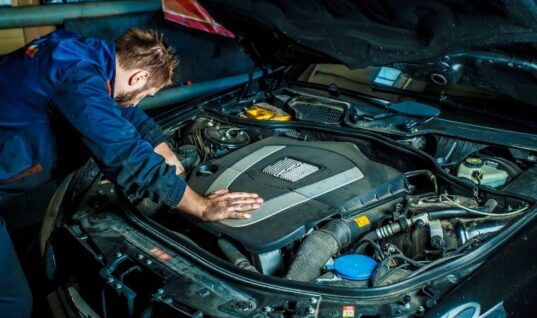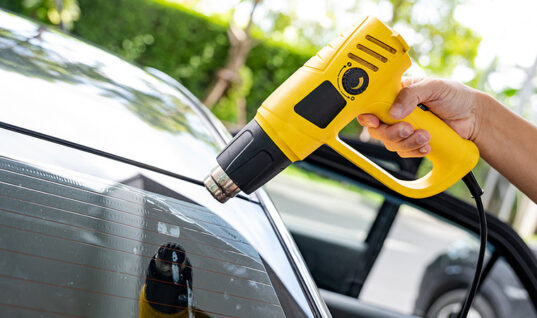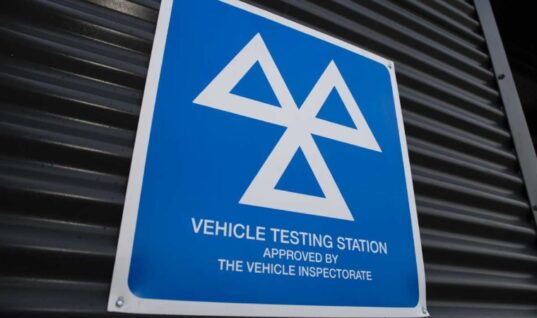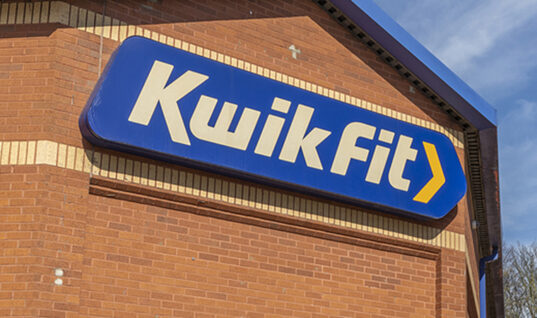The Independent Automotive Aftermarket Federation (IAAF) has reiterated warnings that eCall systems could be used for remote vehicle diagnostics and predictive maintenance and has stated that freedom of choice for consumers and independent market participants must be protected.
The automated electronic emergency system, eCall, will become mandatory from 2018 in all new cars.
Mandate
The IAAF & FIGIEFA, together with other interest groups from the independent aftermarket, have ensured that a mandate has been given by the European Commission to create the technical framework conditions for an ‘interoperable, standardised, secure and freely accessible platform.’
The technical implementation of this mandate is currently being discussed in the C-ITS Forum (Cooperative Intelligent Transport Systems) and its working groups.
These work structures discuss the complex topics relating to telematics communication from and to the vehicle and require the highest level of commitment from the representatives of the independent aftermarket.
The range of topics includes telematics concepts needed in the short or long term, vehicle safety and data privacy.
In a recent statement, the IAAF, said: “The framework is likely to decisively shape the aftermarket for vehicles for at least the next two decades.”
The representatives of the independent aftermarket in the C-ITS working groups have advocated a number of points that are essential for a competitive automotive aftermarket.
Direct access
For example, independent market operators continue to require direct access to the real-time data generated by vehicles in order to be able to develop and offer their own products and services.
The IAAF say this is nothing other than the challenge of bringing the current independent access to a vehicle and its data as well as independent entrepreneurship into the digital age.
The federation argues: “On the one hand, they have proposed the concept of an ‘extended vehicle’, in which communication with the vehicle and the individual access to data or information by an independent market operator will solely be routed via the servers of vehicle manufacturers in the future.
“This would result in the OEMs being able to not only control access to vehicle data and information, but this would also create a perfect monitoring instrument.
“They could profile the companies in the independent aftermarket and modify their own aftermarket activities virtually in real time and in a very targeted way.”
The IAAF fears that such a scenario would be detrimental to competition in the long term and claims that it’s therefore unacceptable for the representatives of the independent market.
Standardised telematics
By contrast, the independent aftermarket supports an interoperable and standardised telematics in-vehicle platform.
In this concept, the “intelligence” is in the vehicle, i.e. applications from both the OEMs and the independent market participants can access on-board data equally and transmit them directly to their respective servers.
Another advantage of this solution: The vehicle driver would be able to select via the in-vehicle display and freely choose who uses his vehicle data and for what purpose.
Fundamentally, the driver should be able to transparently choose the competitive services they require and remain in control of who uses the vehicle data and for what purpose.
The IAAF adds: “Any private motorist or fleet operator should be able to decide whether they wish to use a telematics-based application from the vehicle manufacturer or from an independent market provider.
“In order to make this possible, appropriate standardised interfaces to the telematics platforms are required.
“Only in this way is it possible for competitive third-party providers to offer their own services and products concerning remote vehicle communication and networking.”
To find out more about the IAAF’s latest lobbying efforts, click ‘More Details’ below.
Share your concerns and questions about mandatory eCall legislation for new cars in the comments below. What do you believe is a ‘fair and open’ telematics programme and how should such a system be policed?







